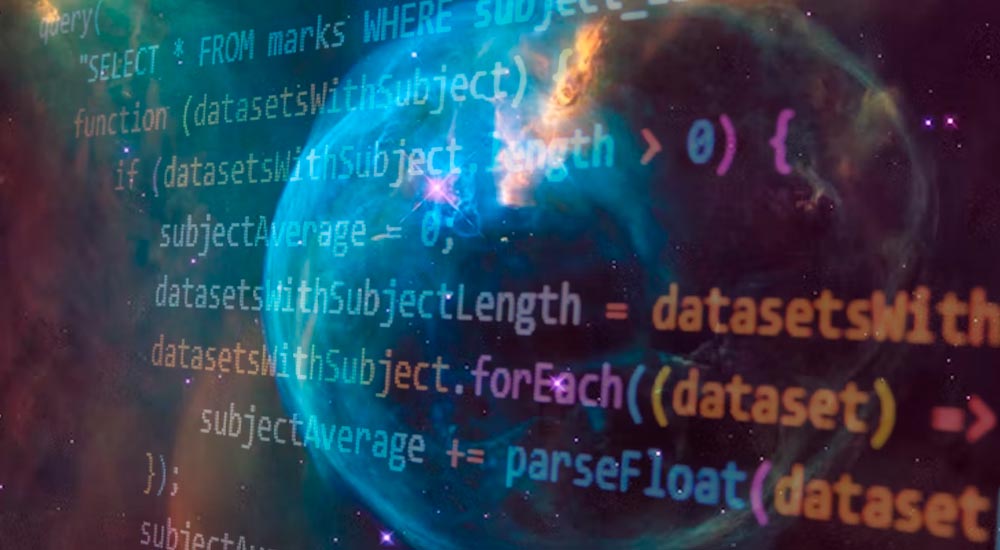
For a very long time, I was very shy about my work in astrology, especially when talking with people from other industries like engineering and design.
In my experience, when I mentioned astrology to people from those fields, they were dismissive. Sometimes they even mocked it, so I decided to stop talking about it. I started erasing that entire part of my knowledge and experience from my portfolio and resume. It left me with this sensation that I hadn’t accomplished anything in my life.
But then, recently, I just said to myself: you know what? I am this person. I have a background in web design and social media, and I understand code (well, HTML and CSS, but you know what I mean). But I also spent an important part of my life on this other, more holistic path, one that is less fixed, less “rational,” but not for that, any less important.
That’s how I started to see two things clearly. First, I’m an astrology cliché with a Midheaven in Aquarius, which means I’m here to combine knowledge in ways nobody has before. And second, astrology has already taught me invaluable lessons for my new path in data.
As I mentioned in other articles, one of the first things I did when I started studying astrology was create a spreadsheet of all the important transits in my life. I found a date or two that were so precise, lining up perfectly with major events. So, I started tracking everything.
Because that’s a core part of astrology: tracking events and then cross-referencing them with astrological patterns. It’s an investigative process. You gather information from the past to understand how things might manifest in the present or future.
In this exercise of tracking my own transits, I found that when my son was born, there was an exact Saturn transit. Saturn governs responsibility, structure, and parenthood. And that transit was activating my 5th house (the house associated with children). I was blown away. But I’m sure I never would have found that connection if I hadn’t created that first spreadsheet.
That initial spreadsheet was also my first lesson in data cleaning. Not every event fit neatly into a category. I had to make judgment calls, create consistent labels for different types of life events (like ‘career change,’ ‘relationship beginning,’ ‘personal loss’), and decide what was a major transit versus a minor one. It was messy, human data, and astrology gave me a framework to standardize it. This is no different from preparing a business dataset, where you have to clean customer information or sales categories to find clear patterns.
I think astrology is a fantastic tool for understanding patterns and even for organizing information. It’s something tangible; you can calculate things. Some cycles have specific timeframes, and analyzing that data can reveal what might be on the horizon or what a possible outcome could look like. Of course, astrology is not a precise science, it has an intuitive, symbolic layer to it. But it definitely has a part where you can merge this knowledge with the skills used in the data field.
It’s also interesting how astrology, when you do it properly with all the study it requires, helps build the mindset of a curious investigator. If you’re already a curious person, you’ll definitely find yourself going down rabbit holes that help you find patterns and draw fascinating conclusions about your own life.
At the end of the day, I still check those transits. I still see how they line up with my life, and I’m still learning from them. Now that my son is older, I can look back and see the astrology of his path and mine with even more clarity, watching how the patterns we started with continue to unfold in our lives. It’s the most personal dataset I’ve ever analyzed, and it’s the one that taught me to never be ashamed of how I see the world.